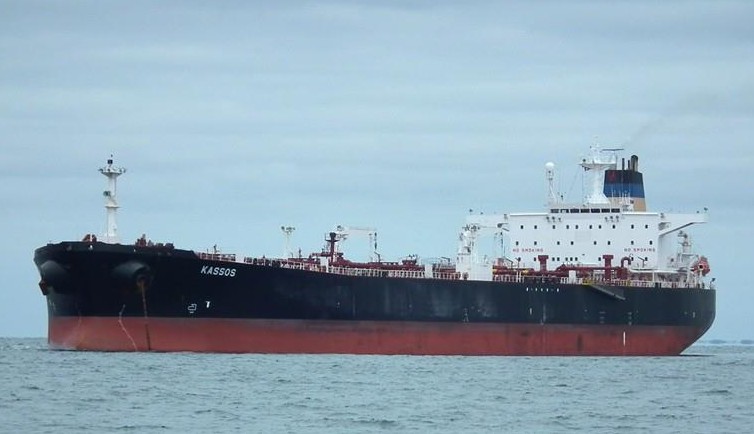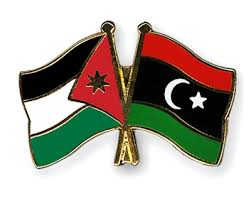By Libya Herald reporter.

Tunis, 26 April 2016:
Maltese officials report that the oil tanker Distya Ameya which yesterday was loaded with 650,000 barrels . . .[restrict]of oil at the Hariga terminal in Tobruk has not tried to enter Maltese territorial waters. They say they are monitoring the situation and are in contact with other international authorities.
There were earlier reports that the Indian-registered tanker had been prevented from sailing to Malta by the Maltese authorities. It was reported to have left Tobruk yesterday, heading for Malta.
The export of the oil from the Sarir and Messla fields has sparked a major row between the parallel national oil corporations based in Tripoli and Beida. It was sold by the latter on behalf of the Thinni government to UAE-based DSA Consultancy FZC but the sale has been condemned as illegal by the Tripoli NOC chairman Mustafa Sanalla.
Sanalla, who two days ago said that the export of the oil had successfully been prevented, has now formally informed the Presidency Council of the sale, asking it to use its international connections to stop the tanker. The Presidency itself had already called for international help to prevent the transport of illegal sales of oil.
A senior Maltese official told the Libya Herald that there had been no communication with the vessel, which appears to have turned off its tracking equipment. He also questioned whether the oil was in fact headed to Malta, where no refinery exists. If it were, he stated, it would have to leave again.
He also questioned whether the money paid for the oil would go to the Thinni government, as reports suggest. The UN, he stressed, had made it clear that revenue from oil sales had to be paid to the Central Bank of Libya. “This is not another Morning Glory case,” he said, referring the failed attempt by Ibrahim Jardhran in March 2014 to sell oil. “The money is not going to fall into the wrong hands. It will have to be paid into the central bank in Tripoli.”
He also claimed that the issue was more about a personal clash between Sanalla and the Beida NOC chief Naji Elmagrebi, both of whom were hoping to be confirmed as head of the corporation by prime minister-designate Faiez Serraj.
Separately, the Libyan ambassador to the UN, Ibrahim Dabbashi, has called on the UN sanctions committee to blacklist the Distya Ameya.
Dabbashi now supports the Presidency Council, having broken with the Thinni government in December. The latter then announced it was sacking him because of a complaint from Elmagrebi who alleged he was blocking an oil sale organised by the eastern NOC.
It is not known at present if it was the same oil sale or another.
The UN, which on 23 December endorsed the Skhirat agreement and recognised the Presidency Council as the legitimate authority in Libya rather than the Thinni government, ignored the latter’s decision. [/restrict]









